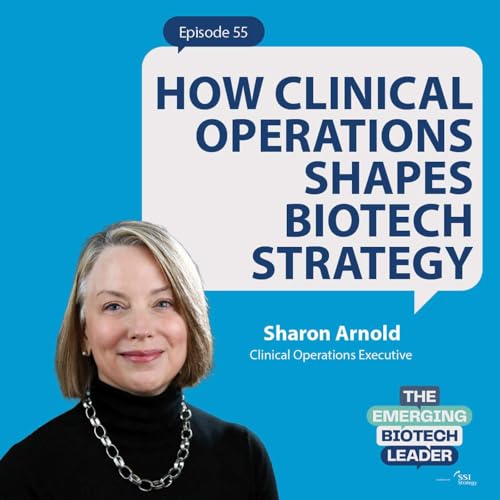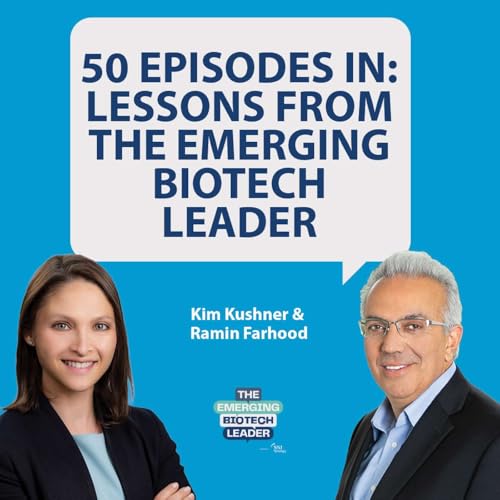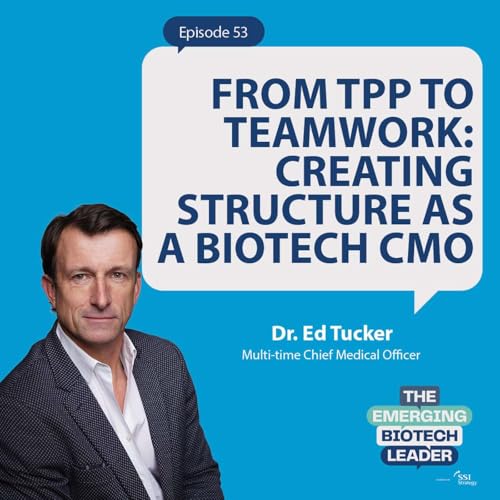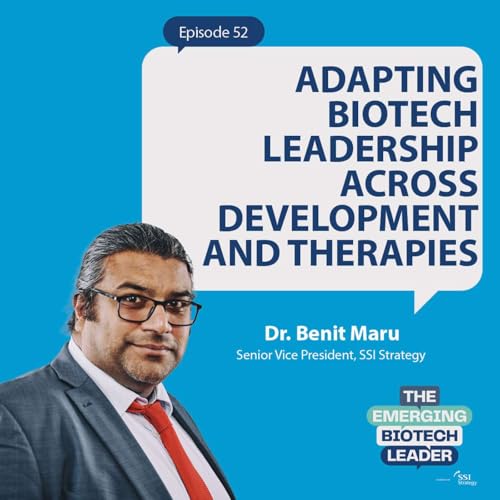In this episode of Emerging Biotech Leaders, host Ramin Farhood speaks with Meaghan Powers, Senior Director of Clinical Operations at SSI Strategy. With deep experience across biotech, pharma, and consulting, she offers a clear view of where clinical operations drives strategic value and how early engagement can set emerging biotechs up for success.
Key Themes and Insights
1. Clinical Operations Is a Strategic Function
Clinical operations is often misunderstood as a task-driven, execution-only role. In reality, it requires strategic planning early in development, including anticipation of regulatory expectations, operational risks, and study feasibility well before a protocol is finalized.
2. Early Cross-Functional Input Prevents Downstream Problems
Strong clinical programs benefit when core scientific, operational, and quality perspectives are brought together early. Aligning these functions at the concept stage helps shape feasible early-phase designs and creates more stability as the program moves into later development.
3. Sponsors Cannot Outsource Accountability
Certain operational tasks can be outsourced, but responsibility for the trial remains with the sponsor. Decisions relating to strategy, vendor performance, and data stewardship require sponsor ownership, supported by clear expectations for partners and defined routes for escalation. These elements establish the framework within which a CRO or other vendor operates.
4. Effective Oversight Systems Reduce Regulatory and Operational Risk
Even with the right division of responsibilities, oversight must function in practice. Programs need structured processes for reviewing site conduct, monitoring outputs, and data quality to ensure issues surface early. When these checks are weak or inconsistent, avoidable problems can accumulate and lead to inspection findings or broader trial disruptions.
5. Emerging Leaders Benefit from Staying Curious and Involved
Leaders are not expected to master clinical operations, but early engagement with clinical operations strengthens decision-making. It gives programs better visibility into resourcing, risk points, and the operational systems required to advance development.
For a closer look at how these ideas play out in real development settings, listen to the full episode.
 22 mins
22 mins Jan 14 202632 mins
Jan 14 202632 mins Dec 2 202521 mins
Dec 2 202521 mins Nov 20 202546 mins
Nov 20 202546 mins 36 mins
36 mins Nov 6 202524 mins
Nov 6 202524 mins 39 mins
39 mins 25 mins
25 mins
